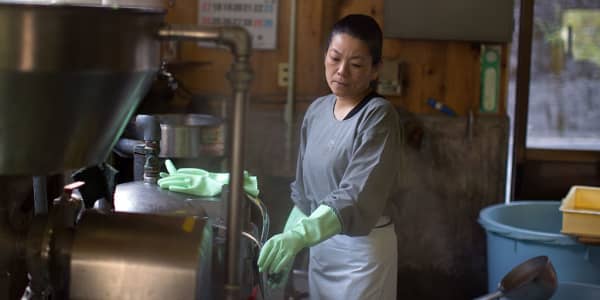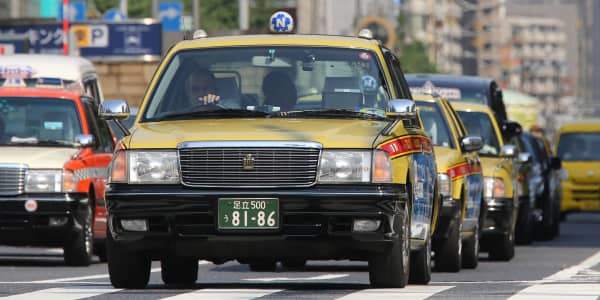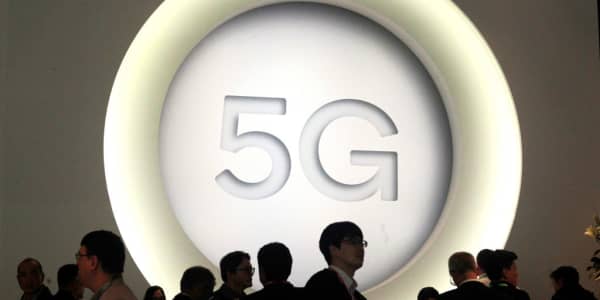In the heart of Osaka, there's a plot of land that could help make Japan's second-largest metropolitan area one of the biggest hubs for entrepreneurship in the region.
A former rail depot, the "Umekita Phase 2" development now under construction next to Osaka Station is set to host pharmaceutical and biotech firms when it opens around 2024. It will complete a project that began with a row of multipurpose towers, called Grand Front, that's already home to a handful of start-up incubators and business accelerators.
"We want to take advantage of this superb geographical location at the center of Kyoto, Osaka and Kobe to create an environment bringing together technology from enterprises and universities to unleash new innovation," said Eiji Doi of the Osaka Chamber of Commerce and Industry.
Long associated with older industries, Osaka has struggled to get out of the shadow of Tokyo as a start-up hub, but it has upped its game in recent years with new start-up investment funds, downtown university campuses, incubators and pitch events.
Last month, Grand Front was the venue for Hack Osaka, a one-day event designed to encourage open innovation while helping start-ups from Japan and beyond. Among award winners at the event were Dot, a South Korean maker of braille watches, and Nature, a Japanese developer of connected household appliance controllers that work with Google and Amazon smart speakers. A hardware event called the Monozukuri Hardware Cup picked a quirky winner: Hachi Tama, a Japanese start-up that claims to have developed the world's first toilet for cats that is based on the so-called Internet of Things (IoT).
"There have been many legendary hardware entrepreneurs from Osaka," says Osaka-born Akinori Takahagi, CEO of Moff, a Japanese developer of sensor bands for entertainment and physiotherapy. "Especially for IoT start-ups, Osaka is a good place to be because everybody respects IoT and hardware."
Masaaki Yoshikawa, director general of Osaka Innovation Hub, which hosts Hack Osaka, estimated there are about 1,000 early-stage seed start-ups in the local area. He pointed to success stories such as Cookbiz, a company founded in 2007 that developed a job-search platform aimed at alleviating high turnover and labor shortages in the food industry.
In November last year, Cookbiz claimed some 3.4 million users, logged revenue of about 2 billion yen (around $19.4 million), up 67.7 percent from a year earlier, and began trading on the Tokyo Stock Exchange Mothers, an index for emerging stocks.
The Kansai region surrounding Osaka has a population of about 21.6 million people and a gross regional product of some $823 billion. Allen Miner, CEO of local start-up fundraiser SunBridge Global Ventures, says a highly educated labor pool makes it attractive for fledgling businesses. Other entrepreneurs value the local business culture for its down-to-earth acumen and frankness.
"One of the advantages for us for starting up in Osaka is getting quicker product and customer development," says Philip Nguyen, co-founder of Gochiso, an Osaka start-up developing a platform that rewards users for restaurant reservations and lets them donate to charities.
"Osaka people are generally very open-minded and opinionated, which is great for getting quick and straightforward feedback," adds Nguyen. "They really think about value for the money, especially in the food industry, so if you can make a product work here compared to Tokyo, it'll more likely work in the rest of Japan."





